On January 20, 1916 in Celtic History
Secret negotiations result in alliance of the irish citizen army with the irish republican brotherhood
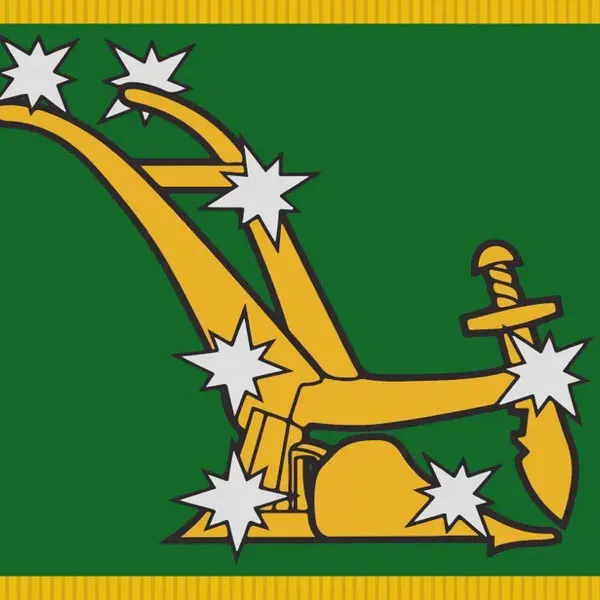
The secret negotiations between the Irish Citizen Army (ICA) and the Irish Republican Brotherhood (IRB) in 1916 were a significant development in the lead-up to the Easter Rising, a pivotal event in Irish history. The alliance between these two organizations played a crucial role in planning and executing the rebellion.
The ICA, a socialist and working-class paramilitary organization led by figures like James Connolly, was initially separate from the IRB, a secret society dedicated to achieving Irish independence from British rule. However, the leaders of both organizations recognized the need for a united front to carry out a successful uprising against British rule.
The negotiations resulted in the formation of a military committee that included leaders from both the ICA and the IRB. This committee played a central role in planning the Easter Rising, which began on April 24, 1916. The Rising aimed to establish an independent Irish Republic.
The Easter Rising faced stiff British opposition, and it ultimately ended in military defeat for the rebels. However, it had a profound impact on Irish politics and the struggle for independence. The alliance between the ICA and the IRB was a crucial step in the lead-up to the Rising and contributed to the broader movement for Irish self-determination.
More From This Day
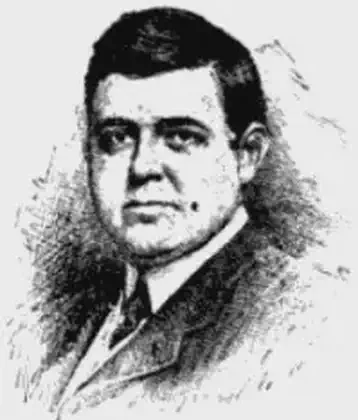
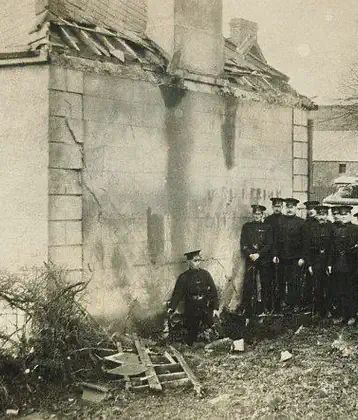
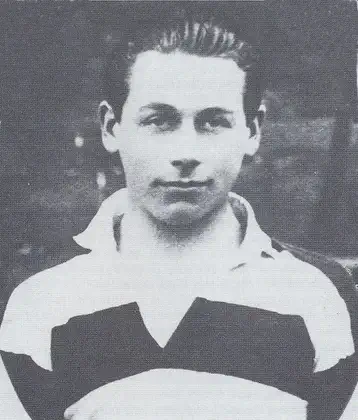
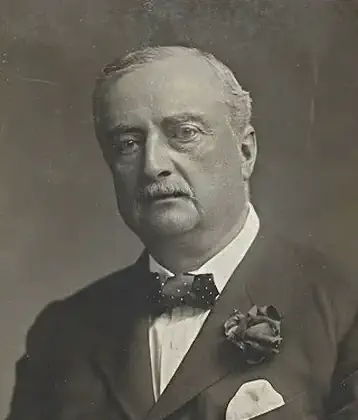
John Redmond criticizes the use of concentration camps by the British in South Africa
January 20, 1902
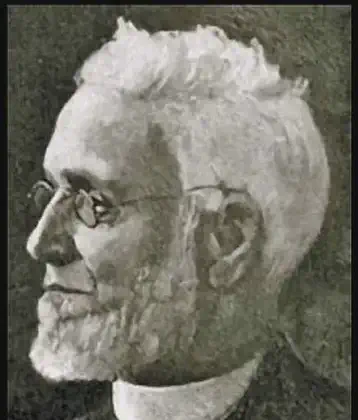
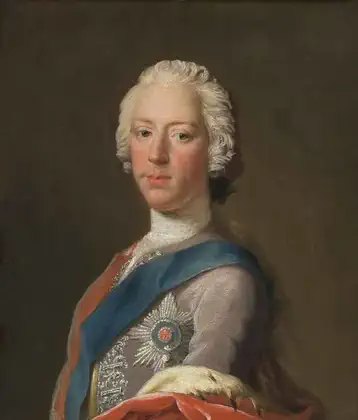
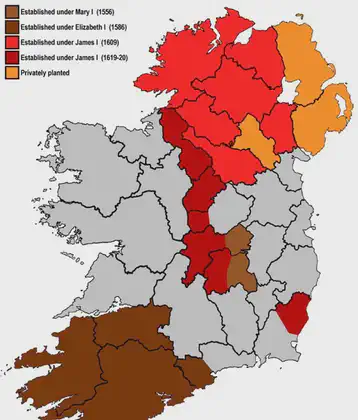
Patents are granted for plantations in parts of Leitrim, Kings County, Queens County and Westmeath
January 20, 1621